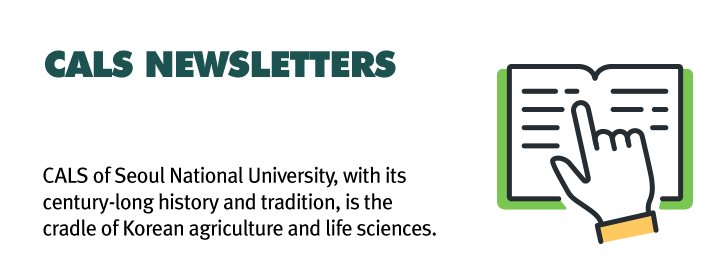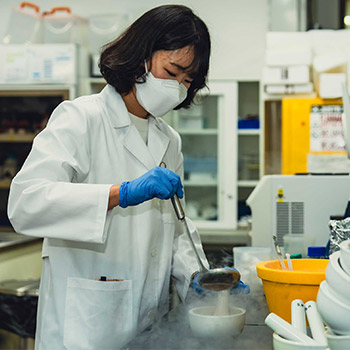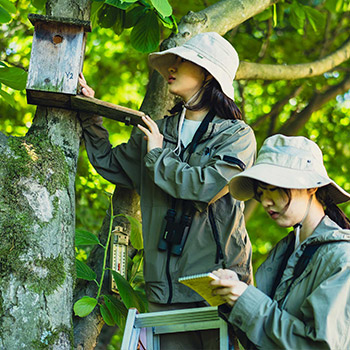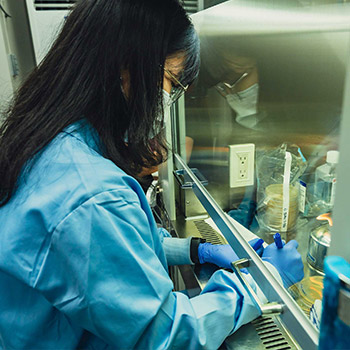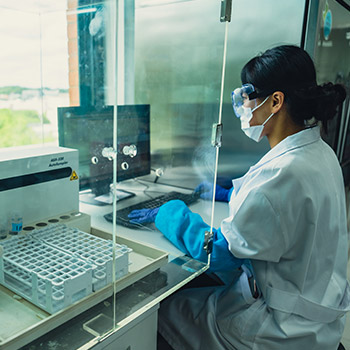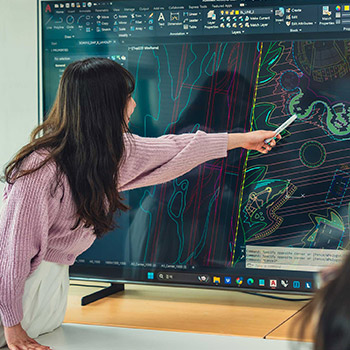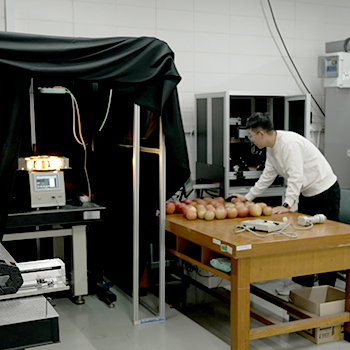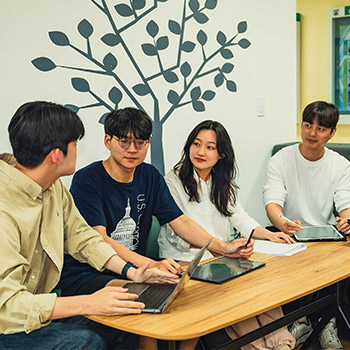Interview with the Grand Prize Winners of the 2025 Global Student Startup Challenge (GSSC)
– SNU Startup Team REVITA Unveils New Possibilities for Smart Agriculture

On May 22, the student startup team REVITA from Seoul National University (SNU) won the grand prize at the final round of the 2025 Global Student Startup Challenge (GSSC). Amid growing global concerns about aging rural populations, the climate crisis, and agricultural labor shortages, the team impressed an international panel with their AI-based intelligent farm management solution. We spoke with team leader Sanghyuk Eom and CTO Seokho Lee, both from SNU’s College of Agriculture and Life Sciences, to learn more about their technology and the journey behind their startup.
The name REVITA stands for “Reveal the secret of VITA (life),” reflecting their broad mission to address pressing issues that impact our everyday lives. While their first project—Project 1: Agriculture—focuses on the future of farming, they plan to expand into other fields as they grow. The core team consists of Sanghyuk Eom, majoring in Crop Science and Industrial Engineering, and Seokho Lee, majoring in Crop Science and Artificial Intelligence. They are joined by students from diverse backgrounds, including Dokyung Yoon from POSTECH and Iju Han from SNU’s Department of Electrical and Computer Engineering.

At the heart of REVITA’s innovation is what they call a “smart scarecrow”—a device developed to address two of the biggest challenges in agriculture today: climate-induced uncertainty in crop cultivation and the shrinking farming workforce. This open-field smart farming IoT device uses satellite-grade sensors to collect and analyze real-time video, weather, and soil data. The system monitors crop health and stress levels, forecasts harvest yields, and even automates irrigation control.
Their core technologies include a custom-built camera module capable of spectral analysis, and a forecasting system that integrates crop modeling. Instead of expensive hyperspectral cameras, REVITA uses commercial cameras with optical filters, making their solution cost-effective. To overcome the limitations of traditional crop models, they apply a data assimilation technique that synchronizes daily field data with predictive models—allowing for real-time adaptation. While existing solutions rely on satellite imagery, drone footage, or single-sensor systems, REVITA’s strength lies in its scalability and versatility across a wide range of crops in outdoor environments.
The inspiration for their innovation came directly from fieldwork. Both Eom and Lee participated in hands-on agricultural training as part of their studies, where they came face to face with the physical and economic challenges farmers endure. These experiences became the seed for their innovation. Using their academic background in remote sensing, crop modeling, and data analysis, they turned theory into practical technology.
As CEO, Eom focused on building a team environment that would allow development to flourish. “I still remember the excitement when our first prototype worked in the potato field on the Suwon campus,” he recalled. Lee, as CTO, oversaw both product and software development, wguided by a user-first approach: “Technology must serve the needs of the people who use it.” With that in mind, the team traveled directly to rural communities to interview farmers, gather insights, and refine their product. “There was barely any useful information about farmers online,” Lee explained. “We had to hear from them in person to truly understand their needs.”
To test the prototype, Eom and Lee personally cultivated and managed a test field, planting potatoes and applying fertilizer through sleepless nights—all while managing a tight schedule. That experience not only validated their technology, but also confirmed their commitment to solving real problems on the ground.
Looking forward, REVITA aims to help farmers break free from repetitive tasks and manage larger plots more efficiently. Their long-term goal is to develop a fully integrated platform, combining their system with drones, tractors, and outsourced farming services to provide comprehensive support.
In closing, we asked the two student entrepreneurs to share their personal goals as both students and innovators. CEO Eom said, “I want to leave behind something of true value for the world.” CTO Lee added, “I hope our work helps to enrich humanity’s dining tables through solutions to the food crisis—and that, from those tables, peace and coexistence may blossom.”

